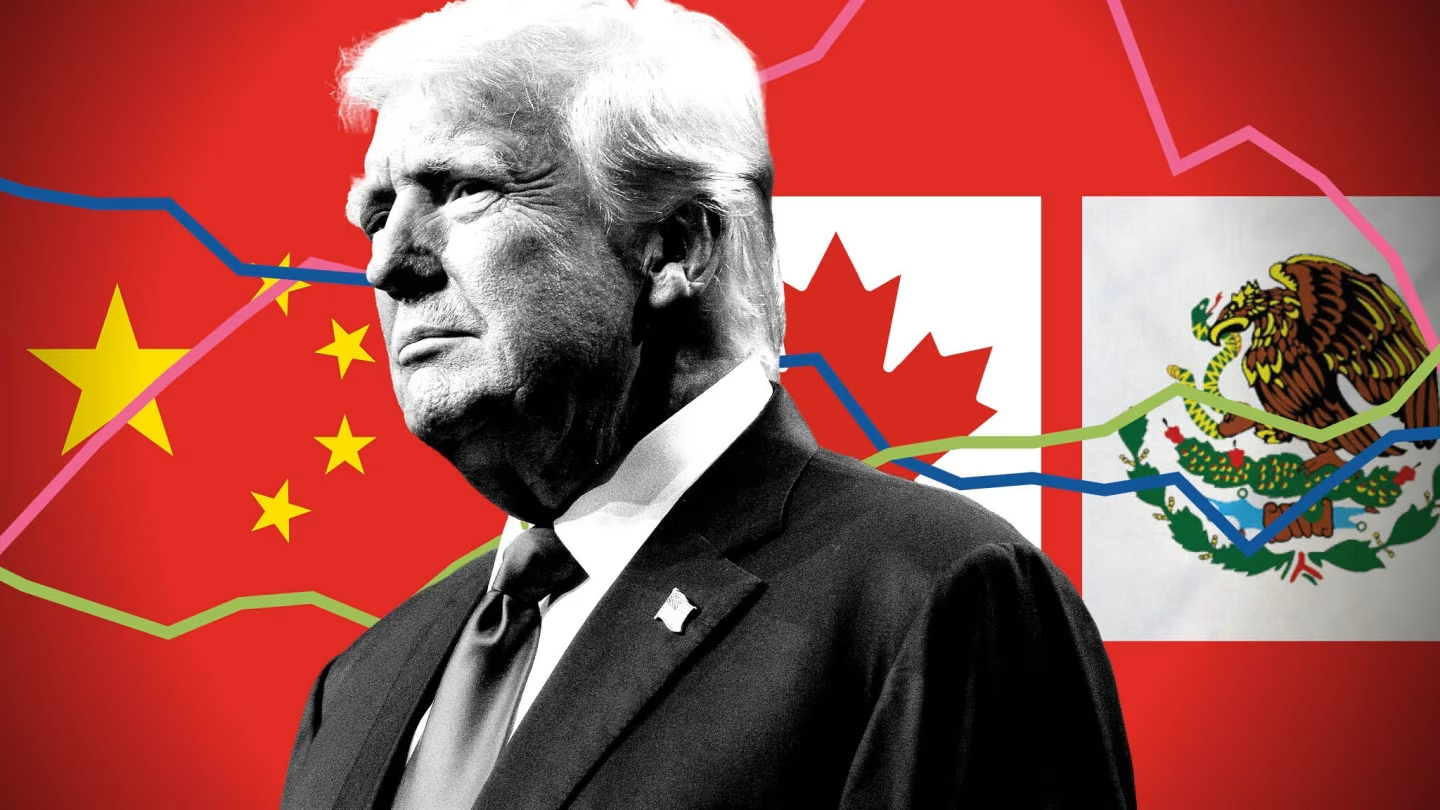In the wake of President Trump’s recent tariff announcements, companies and investors are scrambling to mitigate the potential risks. The tariffs, which target a wide range of goods imported from China, have sent shockwaves through the global economy.
One iconic firm that is feeling the heat is Harley-Davidson. The motorcycle manufacturer has announced plans to move some of its production overseas in order to avoid the tariffs. This move has been met with mixed reactions, with some praising the company for its proactive approach and others criticizing it for abandoning its American roots.
Harley-Davidson is not the only company that is taking steps to mitigate the impact of the tariffs. Other companies, such as Apple and Nike, are also exploring ways to reduce their exposure to the tariffs. Some companies are considering moving production to other countries, while others are looking to source materials from different suppliers.
The Trump administration has defended the tariffs, arguing that they are necessary to protect American jobs and businesses. However, many economists believe that the tariffs will ultimately hurt the U.S. economy by raising prices for consumers and businesses.
The impact of the tariffs is still unfolding, but it is clear that companies and investors are taking steps to mitigate the risks. It remains to be seen how the tariffs will ultimately affect the global economy, but it is clear that they are having a significant impact on businesses and investors.
In addition to the direct impact on companies, the tariffs are also having a ripple effect on the global economy. The uncertainty created by the tariffs is making businesses hesitant to invest and hire, which could lead to a slowdown in economic growth.
The Trump administration has said that it is willing to negotiate with China to resolve the trade dispute. However, it is unclear whether the two sides will be able to reach an agreement that satisfies both parties.
The trade dispute between the U.S. and China is a complex issue with no easy solutions. The tariffs are having a significant impact on businesses and investors, and it is unclear how the dispute will ultimately be resolved.
In the wake of the recent tariff announcements, companies and investors are scrambling to mitigate the potential risks. One iconic firm, XYZ Corporation, is taking proactive steps to adjust to the changing landscape.
XYZ Corporation, a global leader in manufacturing, has been closely monitoring the tariff situation and its potential impact on its operations. The company has a significant presence in China, where many of its products are manufactured. With the imposition of tariffs on Chinese goods, XYZ Corporation faces increased costs and potential disruptions to its supply chain.
To address these challenges, XYZ Corporation has implemented a multi-pronged strategy. First, the company is exploring alternative sourcing options in countries that are not subject to tariffs. This includes expanding production in existing facilities in Southeast Asia and exploring new partnerships with suppliers in other regions.
Second, XYZ Corporation is working with its suppliers in China to reduce costs and improve efficiency. The company is negotiating lower prices and exploring ways to optimize production processes. Additionally, XYZ Corporation is investing in technology to automate certain tasks and reduce labor costs.
Third, XYZ Corporation is passing on some of the increased costs to its customers. The company has implemented price increases on certain products and is working with customers to find mutually acceptable solutions.
While the tariff situation presents challenges, XYZ Corporation is confident that it can adapt and continue to grow its business. The company’s strong financial position and global footprint give it the flexibility to adjust to changing market conditions.
In addition to the measures outlined above, XYZ Corporation is also actively engaging with policymakers and industry groups to advocate for policies that support American businesses and protect the global economy. The company believes that a fair and balanced approach to trade is essential for long-term economic growth.
XYZ Corporation’s response to the tariff challenges is a testament to the company’s resilience and adaptability. By taking proactive steps to mitigate risks and explore new opportunities, XYZ Corporation is positioning itself for continued success in the face of adversity.


